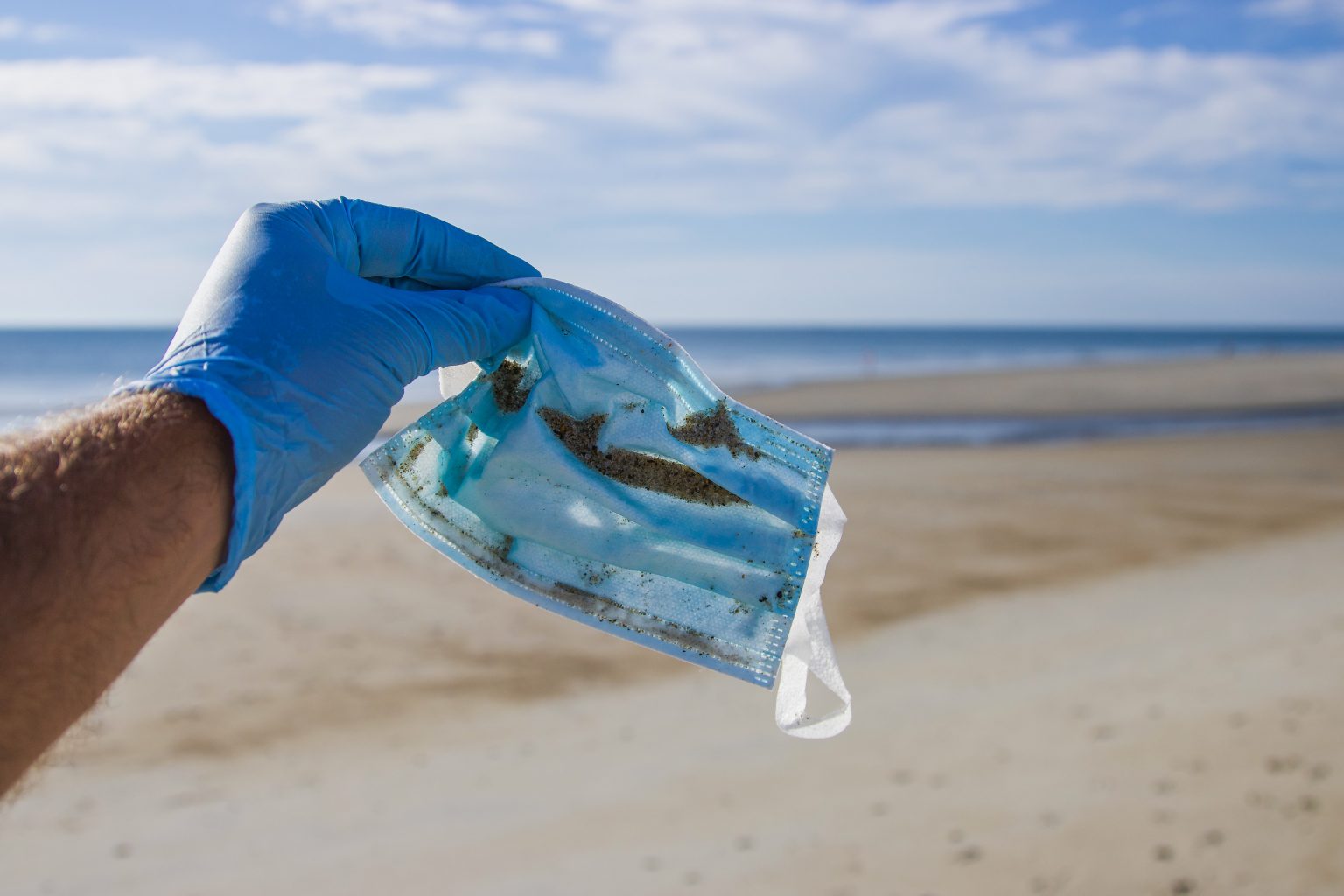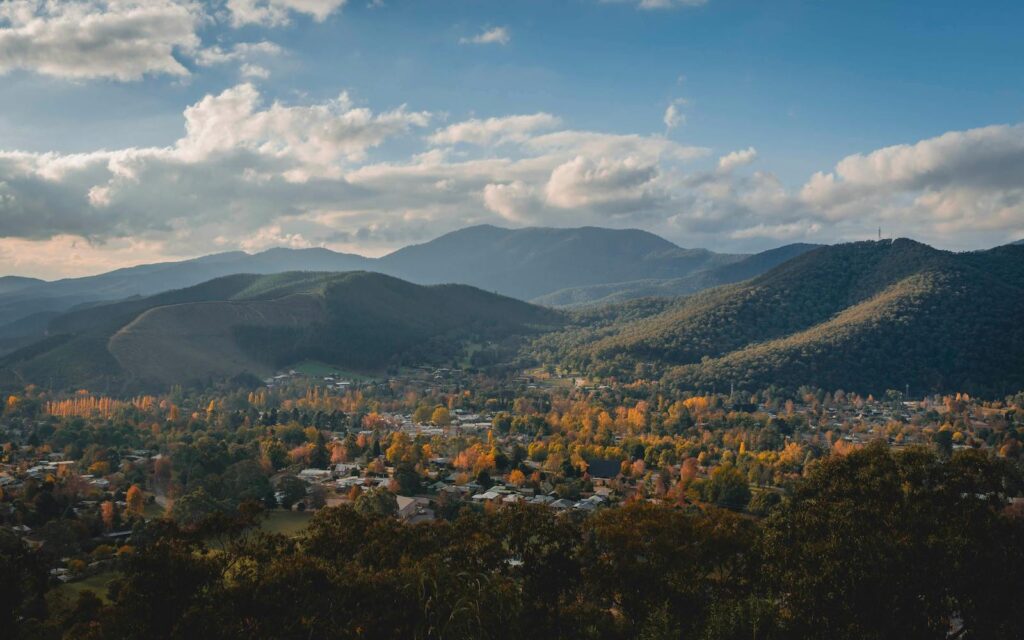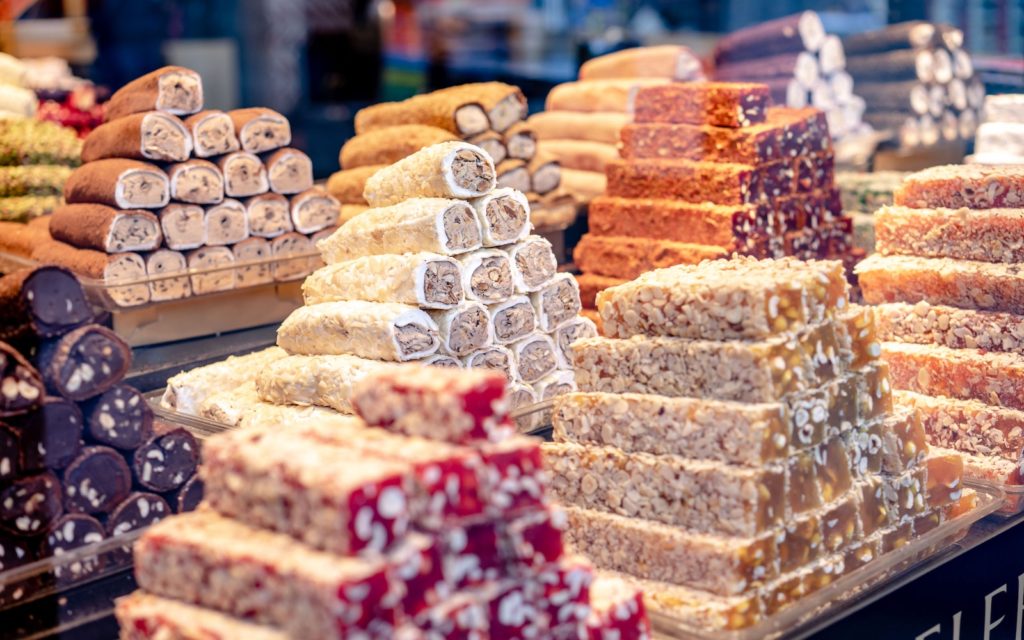Our brilliant oceans and marine life are under threat from pandemic-related plastic.
After the January bushfires, it seemed all anybody could do was talk about climate change… and then COVID-19 happened.
Now, environmental conservation has taken a back seat with many of us hoarding single-use masks, gloves and plastic takeaway containers like there’s no tomorrow. And conservationists agree the impact on our planet has been devastating.
Demand for PPE (personal protective equipment) is at an all-time high, with mask-wearing still mandatory in Victoria and encouraged around Australia – not to mention the world.
A recent study published in the Environmental Science and Technology journal estimates that nearly 130 billion facemasks and 65 billion gloves are being used each month around the world. That’s a truckload of plastic being added to an already threatened environment.
Of course, we’re doing the right thing by our health services and each other by wearing PPE, but the risk of improper disposal of protective wear has skyrocketed. Walking outside you’ll be hard-pressed not to find a stray mask or two – and when you look at the effect on the entire ecosystem, it’s pretty clear we need to do better.
Our oceans are bearing the brunt of improperly-disposed plastic. An estimated eight million tonnes of the stuff ends up in the sea each year, meaning you will almost certainly be swimming alongside a facemask this summer.
If we continue at this rate, there could be more plastic than fish in the ocean by weight in 2050. That’s a pre-pandemic estimation too. It doesn’t take into account the extra 60 million kilograms of contaminated waste that is being created by single-use facemasks alone.
The issue of single-use plastics is a long-term one that cannot be overlooked. Surgical masks are made from polypropylene, a fossil-fuel derived plastic that takes 450 years to break down – and even then, only does so in sunlight.
The facemasks and plastic gloves that hit our shores will degrade into microplastics, which run the risk of being ingested by marine life and, of course, us.
But not only are facemasks and other coronavirus-response PPE ending up in our oceans, there is also no way for it to be recycled. The only option for most medical waste and protective gear is landfill, where it sits for hundreds of years releasing harmful CO2 and methane into our atmosphere.
Not to mention “virgin plastic” is cheaper to make than recycling pre-existing plastic. Economics hasn’t caught up with climate change yet and it’s highly stressful.
So with all this going on, how can we get our pandemic response under eco-friendly wraps?
Well, the first step is to invest in a reusable facemask – ideally one made from natural fibres like cotton or linen that will biodegrade. You can buy loads of funky reusable masks online. We even curated a list of local mask-makers here. But if you must wear a single-use mask, make sure you dispose of it correctly.
If you’re a real legend, pick up any PPE you see on the ground and put it in the bin. It only takes a second and you can use your hand sanitiser (which we know you have in your bag) afterwards.
Then, of course, stay vigilant about your plastic use elsewhere in your life. Remember the golden four: avoid, reduce, reuse, recycle and you’re on your way to saving the turtles and the planet.
The pandemic has turned the world on its head, but we need to remain considerate and compassionate towards big mama earth. She’s done a lot for us. Let’s make sure our oceans and marine life keep living their best lives well into the future. We got this.
For more information on how to reduce your plastic waste, head here.
Never miss a story. Sign up to Beat’s newsletter and you’ll be served fresh music, arts, food and culture stories three times a week.







